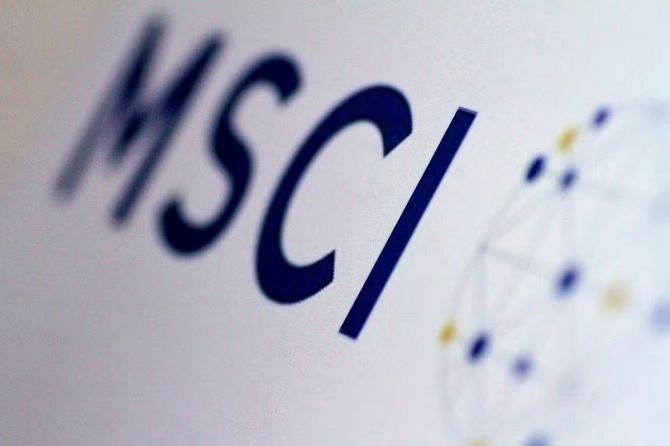South Korea’s move to ban stock short-selling may further delay its quest to bag an ‘upgrade’ to ‘developed market’ status from global index provider MSCI, said analysts.

South Korea will prohibit stock short-selling until June 2024 to allow its regulators to “actively” improve rules and systems.
South Korea is currently classified as an ‘emerging market (EM)’ alongside India, China and Taiwan in MSCI indices.
During its review in June, the global index provider maintained the EM status despite reforms undertaken by South Korea to ease access to its market.
Back then, MSCI had said it would reconsider South Korea’s reclassification after consulting clients about how the reform measures taken by the country have helped.
“Such continued regulatory interference is likely to hinder South Korea’s transition from an EM to a developed market (DM) in the MSCI index even in the upcoming August 2024 review,” said a note by Nuvama Alternative & Quantitative Research.
“If South Korea advances to DM status, India’s weight in EM will increase substantially.
"However, it’s clear that the government, especially ahead of the elections, can introduce more populist regulations, making it unlikely for MSCI to consider an upgrade in the near term,” the note added.
According to one estimate, India could see $20 billion of inflows from passive trackers if South Korea is moved out of the EM indices.
At the end of October, China had the highest weight of 29.89 per cent in the MSCI EM index, followed by India at 15.88 per cent.
Currently, South Korea has the fourth largest weight at 11.78 per cent after Taiwan, which is at 15.07 per cent.












 © 2025
© 2025